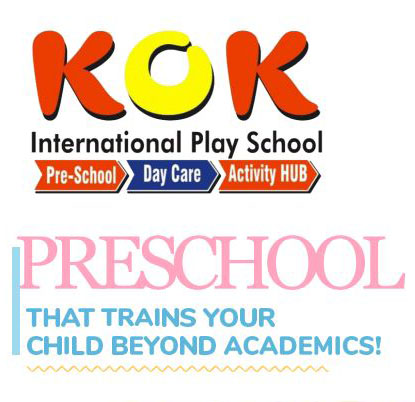Little Lambs (1.5to 2.3)
This is one of the most essential programs developed with a purpose to serve fine motor skill development to each child's cognitive,creative and social competencies. In this program we give them wings for increasing their curiosity. During the program, toddlers are encouraged to take the first steps toward the school environment while we make sure to provide them comfort and security. our Toddlers Club Program gives children the freedom to learn, play and explore. Our classroom training is designed in a manner that helps children to explore different skill sets at an early age and develop them in a comfortable environment.
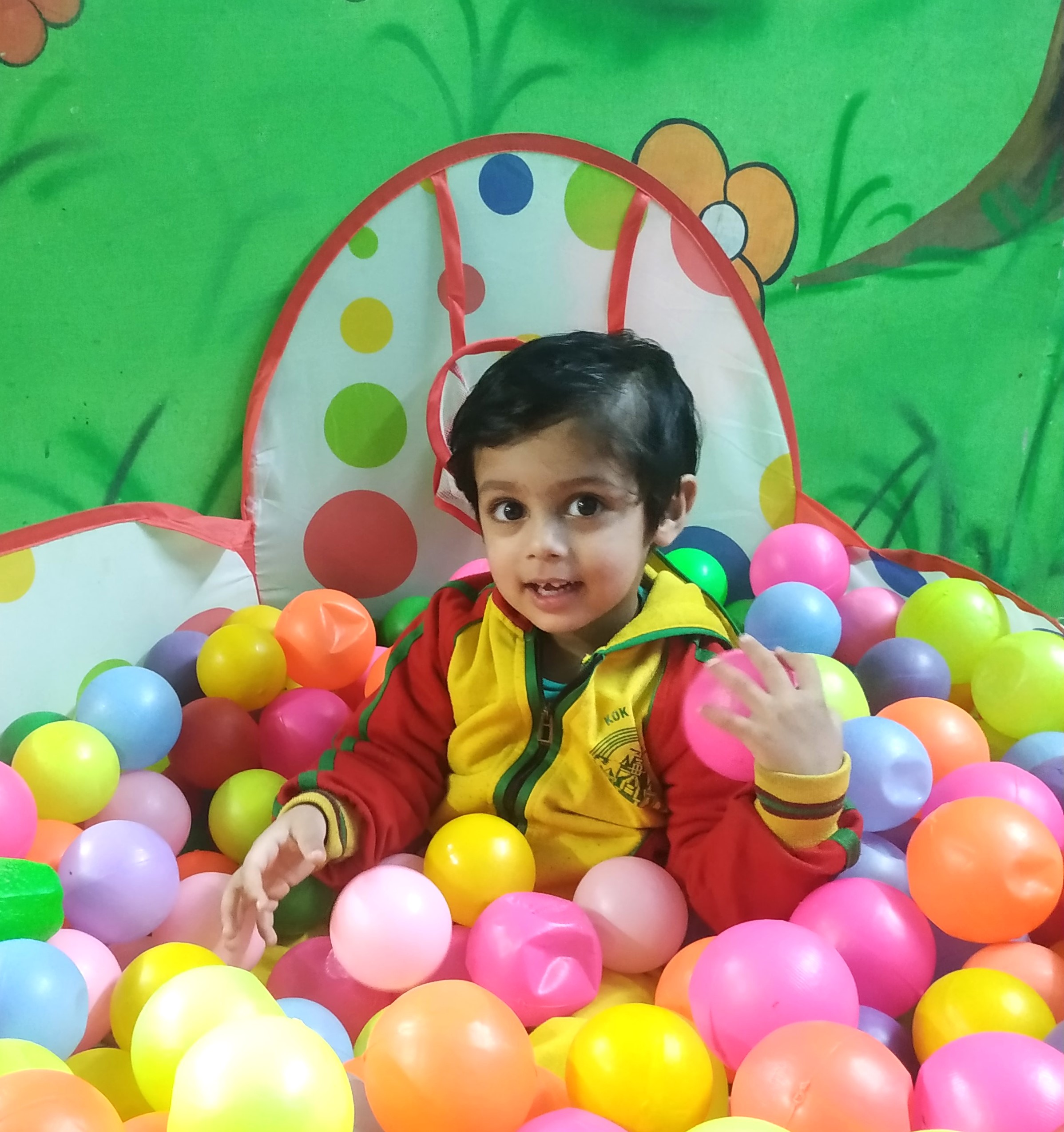
Curious Cubs(2.3to 3 )
This program provides the foundation for in order to accumulate all kind of skills to shape up a young learner. Children learn through developmental activities of ‘pre-writing, pre-reading, pre-math, science and social skills in a natural logical order, encouraging children to learn step by step. we conduct special events and activities to ensure that our learning methodology is relevant and acts as a catalyst in their growth. Also, we assure to build their early literacy skills and independence without any hesitation. The children engage in various enriching activities that are designed to lead to their overall development.
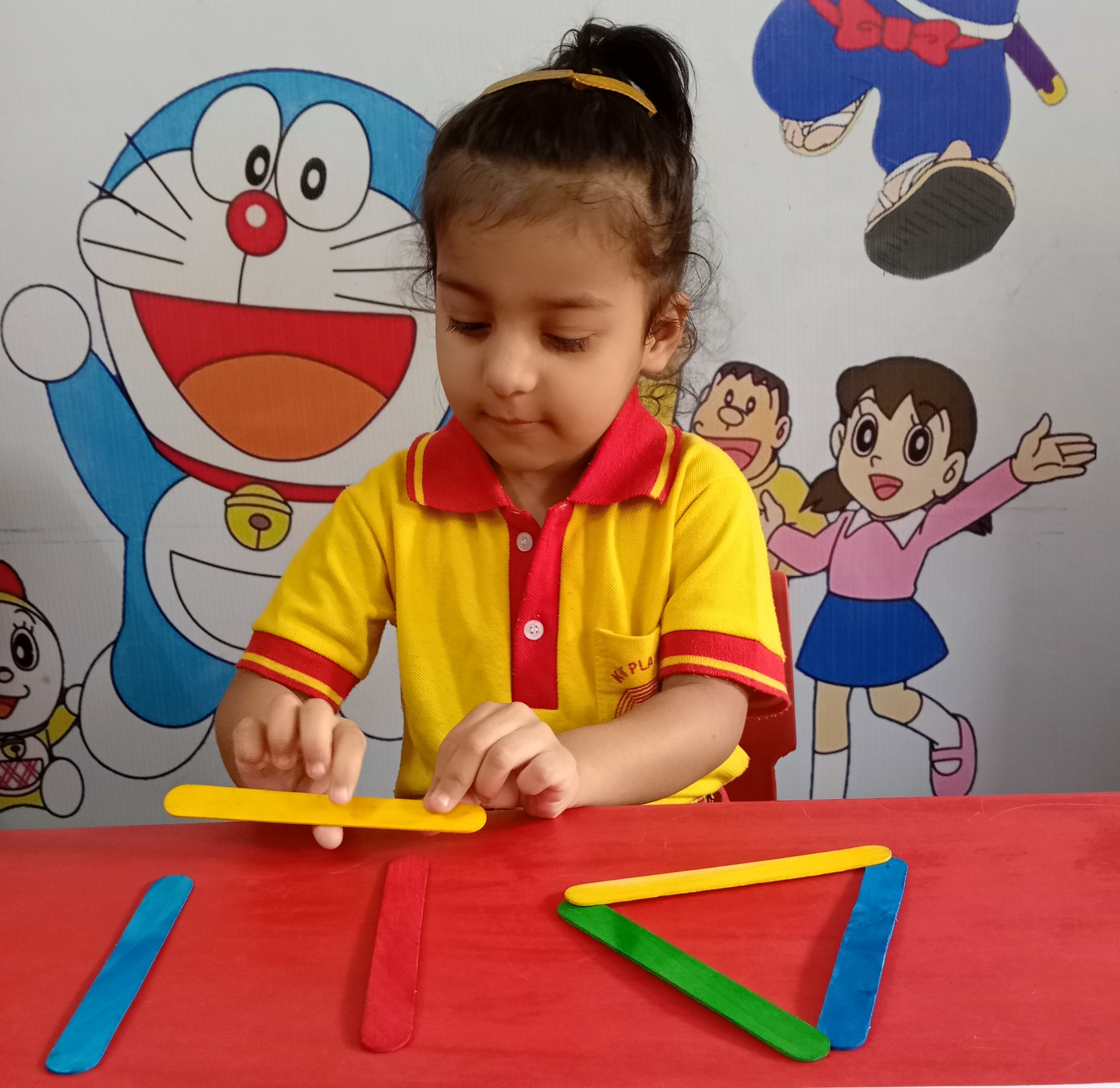
Blossoming Bears (3 to 4)
Nursery programs are important for a variety of reasons. They provide a safe and nurturing environment for young children to learn and grow. They also help to prepare children for the transition to school by introducing them to the basics of learning, such as colors, shapes, numbers, and letters. Nursery programs also help to foster social and emotional development, as children learn to interact with their peers and adults in a positive way. Finally, nursery programs can help to build a strong foundation for future learning by introducing children to the world of books, music, and art.
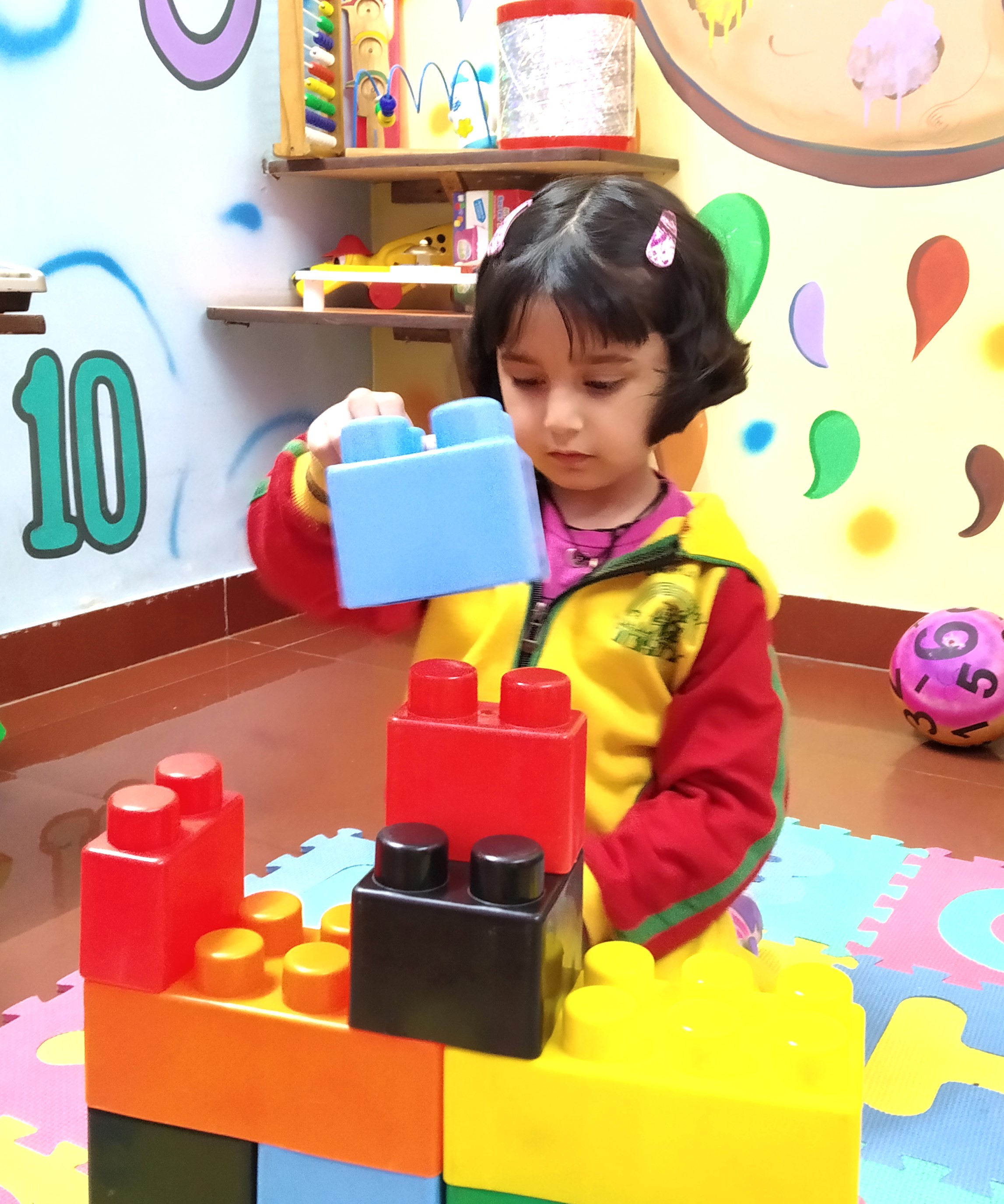
Exploring Euro (4 to 5 )
A "Lower KG program," which typically caters to children in the year before they enter Upper KG or preschool, offers various benefits for young learners:
1. *Early Learning:* Lower KG programs introduce children to the learning environment and routines, helping them become familiar with structured education at an early age.
2. *Social Development:* Children interact with peers and teachers, enhancing their social skills, cooperation, and ability to work in groups.
3. *Language Skills:* Lower KG programs focus on language development, including vocabulary expansion, listening, and communication skills, which are fundamental for future academic success.
4. *Basic Numeracy:* Children are introduced to basic mathematical concepts such as counting, number recognition, and simple arithmetic, laying the foundation for math skills.
5. *Cognitive Development:* Activities and games in Lower KG stimulate cognitive growth, problem-solving abilities, and critical thinking skills.
6. *Creativity and Art:* Artistic activities foster creativity and self-expression, allowing children to explore their imagination.
7. *Physical Development:* Physical activities and play help develop gross and fine motor skills, coordination, and physical fitness.
8. *Confidence Building:* Achieving small milestones and gaining new skills in Lower KG can boost a child's confidence and self-esteem.
9. *Independence:* Children learn to perform basic tasks independently, such as dressing themselves or organizing their belongings.
10. *Preparation for Upper KG:* Lower KG serves as a stepping stone to Upper KG or preschool, preparing children for the more structured learning and academic expectations in the next stage of their education.
11. *Early Exposure to Diversity:* Children may encounter diversity in terms of culture, backgrounds, and experiences, promoting tolerance and understanding.
12. *Parental Involvement:* Lower KG programs often encourage parents to participate in their child's education, fostering a supportive home-school connection.
In essence, Lower KG programs provide a nurturing and stimulating environment where children can develop essential skills, build a strong foundation for future learning, and begin their educational journey on a positive note. These programs prioritize play-based learning and social interaction, recognizing that young children learn best through active engagement with their surroundings and peers.
Exploring Euro (5 to 6 )
An "Upper KG program" typically refers to an educational program designed for children in their final year of kindergarten before they enter primary school. These programs offer several benefits:
1. *Preparation for Primary School:* Upper KG programs help children transition smoothly into primary school by introducing them to basic academic concepts, classroom routines, and social skills.
2. *Academic Readiness:* They focus on foundational skills like early math, literacy, and cognitive development, which are crucial for success in primary education.
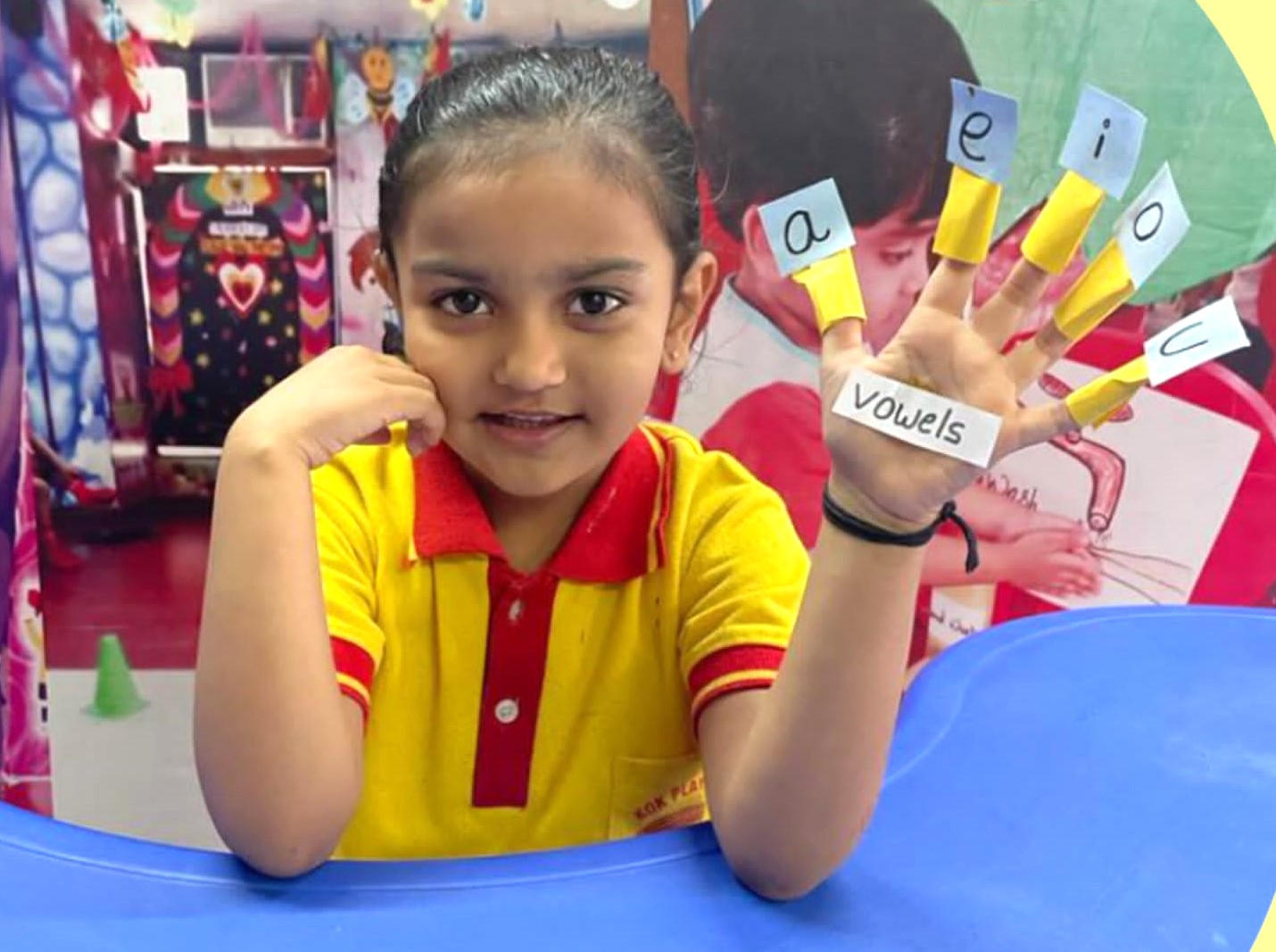
3. *Social and Emotional Development:* Upper KG programs promote social interaction, cooperation, and emotional development, which are important for building confidence and forming healthy relationships.
4. *Independence:* Children learn to become more independent, both academically and socially, as they prepare to move into a more structured school environment.
5. *Creativity and Play:* These programs often incorporate creative activities and play-based learning to stimulate children's imagination and curiosity.
6. *Language Development:* Upper KG programs help refine language skills, including vocabulary, comprehension, and communication, which are essential for effective learning.
7. *Physical Development:* Activities that enhance gross and fine motor skills are usually part of the curriculum, promoting physical development.
8. *Confidence Building:* As children achieve milestones and develop skills, they gain confidence in their abilities, setting a positive tone for their educational journey.
9. *Parental Involvement:* These programs often involve parents in their child's education, fostering a collaborative relationship between the school and home.
10. *Preparation for Life Skills:* Beyond academics, Upper KG programs can teach important life skills such as problem-solving, decision-making, and responsibility.
Ultimately, the Upper KG program aims to provide a strong foundation for children as they enter formal schooling, ensuring they have the necessary skills and confidence to succeed academically and socially.
